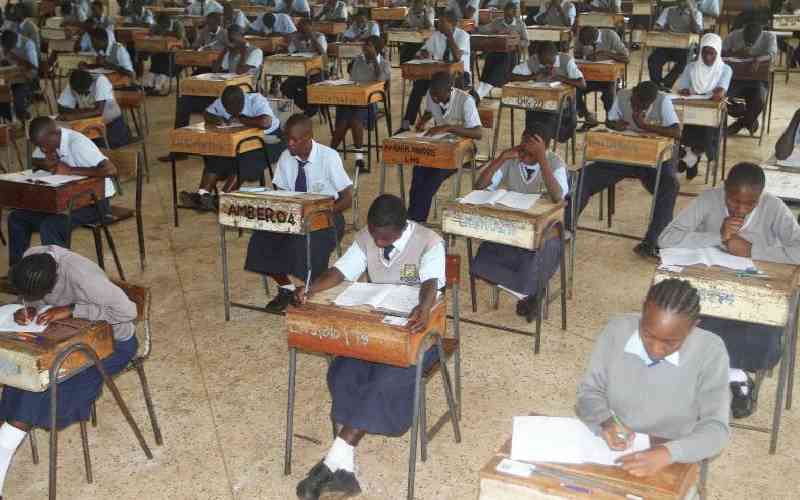×
The Standard e-Paper
Home To Bold Columnists

Management of Kenya's national examinations in the basic education sector is done by the Kenya National Examinations Council (Knec). This council was established under the Kenya National Examinations Council Act Cap 225A of the Laws of Kenya, in 1980.
In 2012, this Act was repealed and replaced with Knec Act No. 29 of 2012. Knec was established to conduct school, post school and other examinations after the dissolution of East African Examinations Council and the Ministry of Education (EAEC).